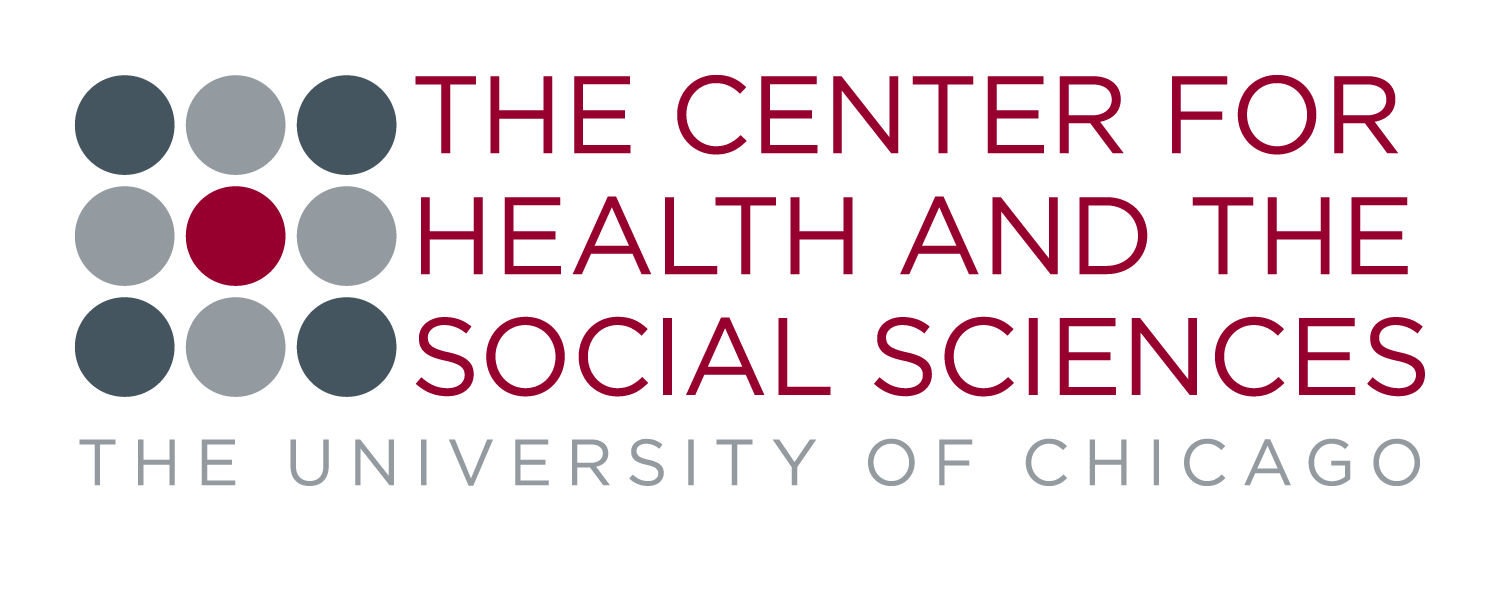Committee on Clinical and Translational Science (CCTS)
The Committee on Clinical and Translational Science (CCTS) is an independent academic unit based in the University’s Biological Sciences Division (BSD). With support from CHeSS and the Institute for Translational Medicine, we advance multidisciplinary training in clinical and translational science at the University of Chicago and develop high-quality coursework for researchers and students committed to significantly impacting medical science and practice.
The CCTS supports the development of curriculum in clinical and translational science at the University. Courses are designed to provide undergraduates, graduate-level trainees, postdoctoral fellows, and junior faculty with state-of-the-art skills in the field. For more information, please contact CHeSS Assistant Director of Training Programs and Communications Joshua Santiago, at joshua.santiago@bsd.uchicago.edu or CCTS administrator Kelsey Bogue.
Current Areas of Concentration include:
- Comparative Effectiveness Research
- Translational Informatics
- Health Services Research
- Quality and Safety
- Clinical Research
- Community-Based Research
- Global Health
- Pharmacogenomics
View select past CCTS courses here.
View the current CCTS course offerings here.
Eligibility
The CCTS provides quality clinical and translational science training to postdoctoral BSD fellows; advanced graduate students in the biological and social sciences; and junior faculty. However, many courses may be relevant to undergraduates, medical students, and/or more advanced faculty. We encourage interested students, fellows, or faculty members to consider our offerings. Please contact Joshua Santiago, at joshua.santiago@bsd.uchicago.edu with any questions.
How to Enroll
Interested trainees may take advantage of CCTS offerings in any of the following ways:
- Enroll in the individual course(s) most relevant to their planned research or field of study;
- Complete an Area of Concentration curriculum in conjunction with a master’s degree through the Department of Public Health Sciences;
- Attend any of our ongoing lectures or seminar series.
There is no formal application process for participation in most CCTS courses, but we encourage trainees to reach out to faculty instructors prior to enrolling in a course. Students who wish to take courses for academic credit must enroll through the University Registrar. Some courses will also have a separate registration form that you can find on this webpage or in the CHeSS newsletter. For more information on how to enroll, please contact Joshua Santiago, at joshua.santiago@bsd.uchicago.edu.
Support
The CCTS is supported by the Institute for Translational Medicine, which is funded by an NIH-sponsored Clinical & Translational Science Award (CTSA). Additional support is provided by CHeSS.
